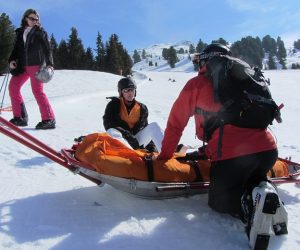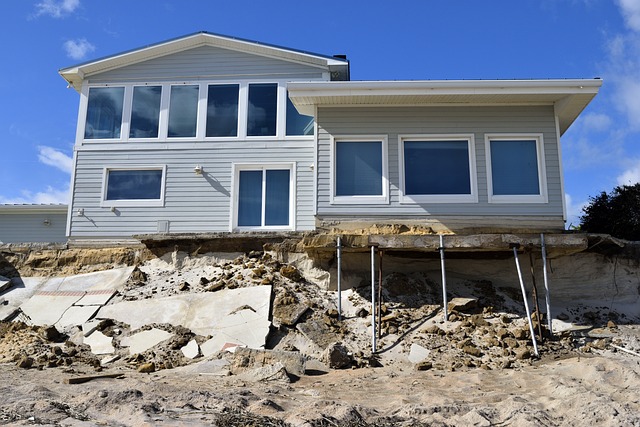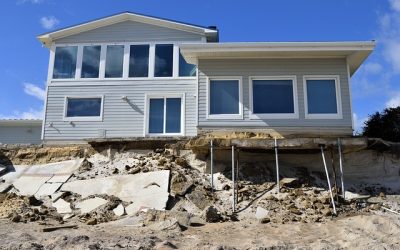Travel Accident Insurance - Understanding the Basics
What is Travel Accident Insurance?
These are the many questions travelers are concerned with when traveling areas of the world that may not have access to the same medical care we have in the United States or when traveling to remote areas that are inaccessible by road or rail.
Travel Insurance is a specialized type of travel insurance plan and many cover accident death and dismemberment while traveling. It can be purchased as a separate policy, packaged with other lines of coverage, or even included with certain credit card programs. However, understanding the differences between the types of travel accident is particularly important when medical evacuation and care is needed in areas of the world that may not have easy access to hospital and medical facilities.

Travel Accident Insurance - Understanding the Basics
What is Travel Accident Insurance?

These are the many questions travelers are concerned with when traveling areas of the world that may not have access to the same medical care we have in the United States or when traveling to remote areas that are inaccessible by road or rail.
Travel Insurance is a specialized type of travel insurance plan and many cover accident death and dismemberment while traveling. It can be purchased as a separate policy, packaged with other lines of coverage, or even included with certain credit card programs. However, understanding the differences between the types of travel accident is particularly important when medical evacuation and care is needed in areas of the world that may not have easy access to hospital and medical facilities.
Some common questions related to travel accident insurance are as follows:
• What is Travel Accident Insurance?
• What does Travel Accident Insurance Cover?
• Will it cover my medical expenses while overseas?
• Will it cover an evacuation because of insurrection?
• Will it cover a medical evacuation if I am stranded in a remote area without access to a hospital?
Term Life and AD & D:
Repatriation and Medical Evacuation:
What if care could on be treated within the United States? Would the policy transfer the insured back to the US? This is called repatriation. If the underlying medical insurance of the insured states that care can only be administered in the United States or one of it territories, then it is important to choose this line of coverage.
If medical attention is needed in the United States, due either to the underlying insurance rules, or the local facilities inability to care of the insured, the cost to transfer could be in the tens of thousands of dollars. The more remote the area, the higher the cost. Hikers injured climbing mountains in faraway areas often are rescued by helicopter only as vehicle access is sometimes not possible. Remote areas can also include islands only accessible by boat or plane. Finally, it is also important to consider whether the injured party requires medical apparatus assistance or life support during the transport–a hiker poses a great risk of specialized medical transportation.

Natural Disasters:
Coordination with the Health Insurance:
Natural Disasters:

Coordination with the Health Insurance:
Those who need Travel Accident Insurance:
Terms, Conditions, and Exclusions:
Generally, the better policies provide broader coverage with less exclusions. The limits are usually easy to discern as the traveler can decide on a benefit amount, he or she thinks would be adequate if an accident were to occur, but it is equally important to determine what types of accidents would be covered. Some policies provide a broad spectrum of coverage including illnesses caused by disease, while many only injuries that are sudden and accidental. Many policies limit the life insurance to claims related to a plane or train crashes and many policies excluded coverage for medical evacuation, care, repatriation, and transportation.
Questions should be asked concerning; riots or terrorism, food or air borne diseases, insect or animal bites, piracy, kidnap, and ransom. What about mysterious disappearances?
Territorial Exclusions:
Closing Notes:
When choosing a plan, it may be important to choose a beneficiary prior to the trip. The next of kin should also be considered in the event contact with the carrier should become necessary. Medical information, such as the insured health insurance information, including the carrier contact information, group and member ID numbers should be left with someone that would be able to respond and assist in the event of an accident.
Although travel accident is important for frequent traveler, it should be considered by all when traveling to other areas of the world and considering all the variables, the type of the policy and what is covered may be as important or more than amount of coverage.

Closing Notes:

When choosing a plan, it may be important to choose a beneficiary prior to the trip. The next of kin should also be considered in the event contact with the carrier should become necessary. Medical information, such as the insured health insurance information, including the carrier contact information, group and member ID numbers should be left with someone that would be able to respond and assist in the event of an accident.
Although travel accident is important for frequent traveler, it should be considered by all when traveling to other areas of the world and considering all the variables, the type of the policy and what is covered may be as important or more than amount of coverage.

